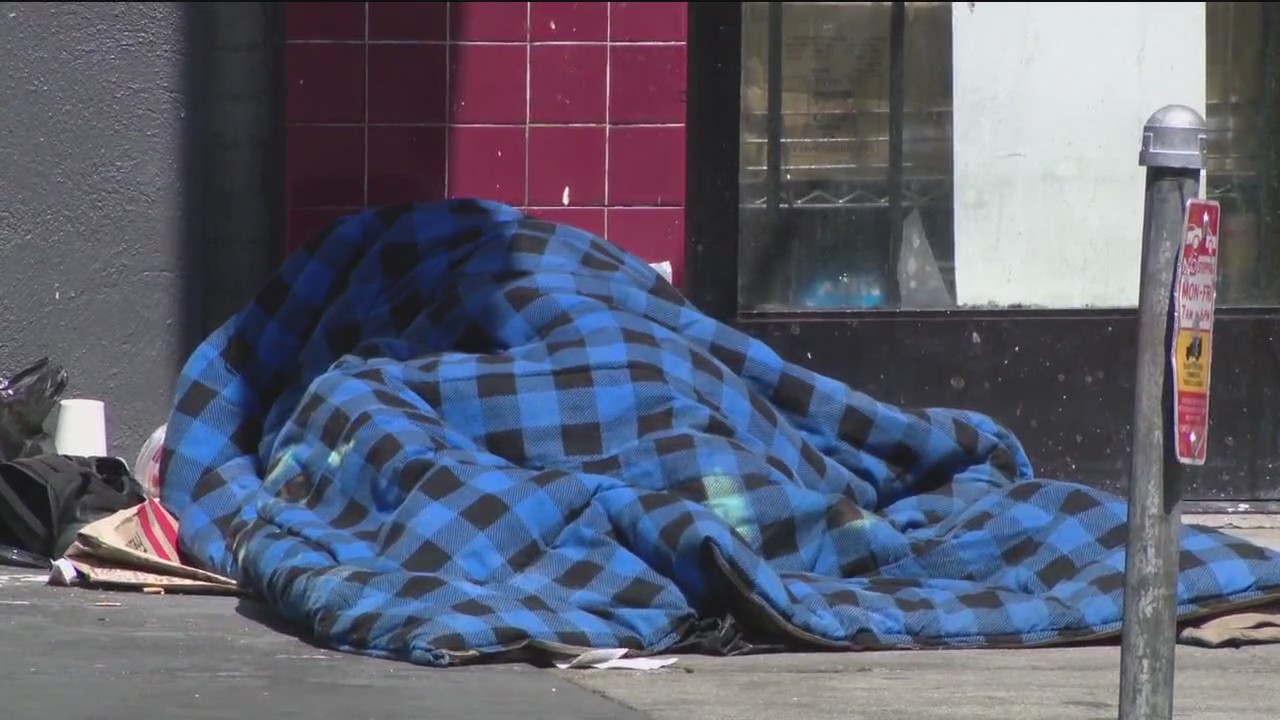San Francisco monitors Supreme Court case on whether cities can criminalize homelessness

San Francisco monitors Supreme Court case on criminal penalties for homeless
The Supreme Court of the United States heard oral arguments about how a small city in Oregon is handling its unhoused population and that decision could have a huge impact in the Bay Area.
SAN FRANCISCO - The Supreme Court of the United States heard oral arguments about how a small city in Oregon is handling its unhoused population and that decision could have a huge impact in the Bay Area.
San Francisco is currently in legal limbo over its plans to address homelessness, which are already held up in court.
However, the forthcoming ruling from the Supreme Court on a case from Grants Pass Oregon, could have implications for San Francisco.
Homeless advocates marched and rallied in front of the federal court building in San Francisco and through city streets on Monday. Advocates said the Grants Pass v. Johnson out of Oregon will get to the heart of whether cities can criminalize homelessness.
Featured
Supreme Court to consider ban on homeless people sleeping outside
Some state courts have ruled that it’s unconstitutional to fine and arrest people sleeping in homeless camps if there’s a lack of space at shelters.
"The reality is folks are out there because they have no other choice for almost everyone," said Jennifer Friedenbach from the San Francisco Coalition on Homelessness. "It's not OK to then cite them and arrest them because they're destitute. That is, in essence, a paupers' prison that we're creating there and I think we've moved beyond that."
The San Francisco City Attorney's Office said the city has laws on the books to offer compassionate care for unhoused residents, but also to clear streets when necessary. Those policies have been blocked for now by the courts, waiting for a decision on this case.
City Attorney David Chiu said whether and how San Francisco can manage its homelessness crisis will be determined by the Supreme Court ruling.
"Hopefully have a more nuanced ruling that strikes a balance between what San Francisco has been trying to do," said Chiu. "Which is our compassionate approach to homelessness but also giving us the ability to have some tools to ensure that our streets are clean and safe."
While it's difficult to predict how the court will rule, David Levine from UC School of Law San Francisco said it appears the high court is leaning toward giving cities more control over how they combat homelessness.
"Listening to the oral arguments it seems like a majority is likely to go there," said Levine. "Then the judge in the case in San Francisco would have to be more deferential to what San Francisco says is an appropriate way to handle the local homelessness problem."
The Supreme Court is expected to issue a decision in late June.


